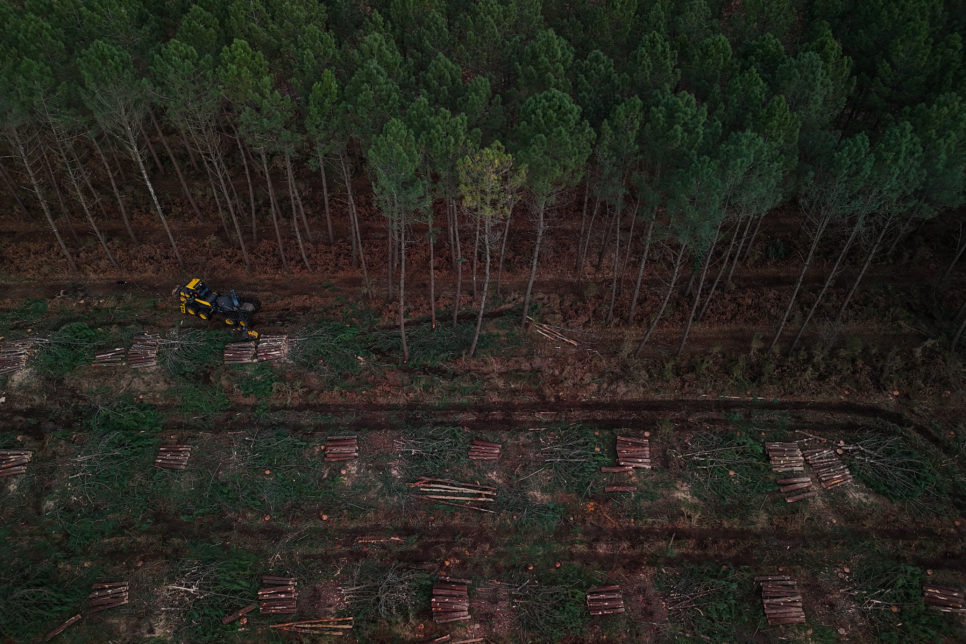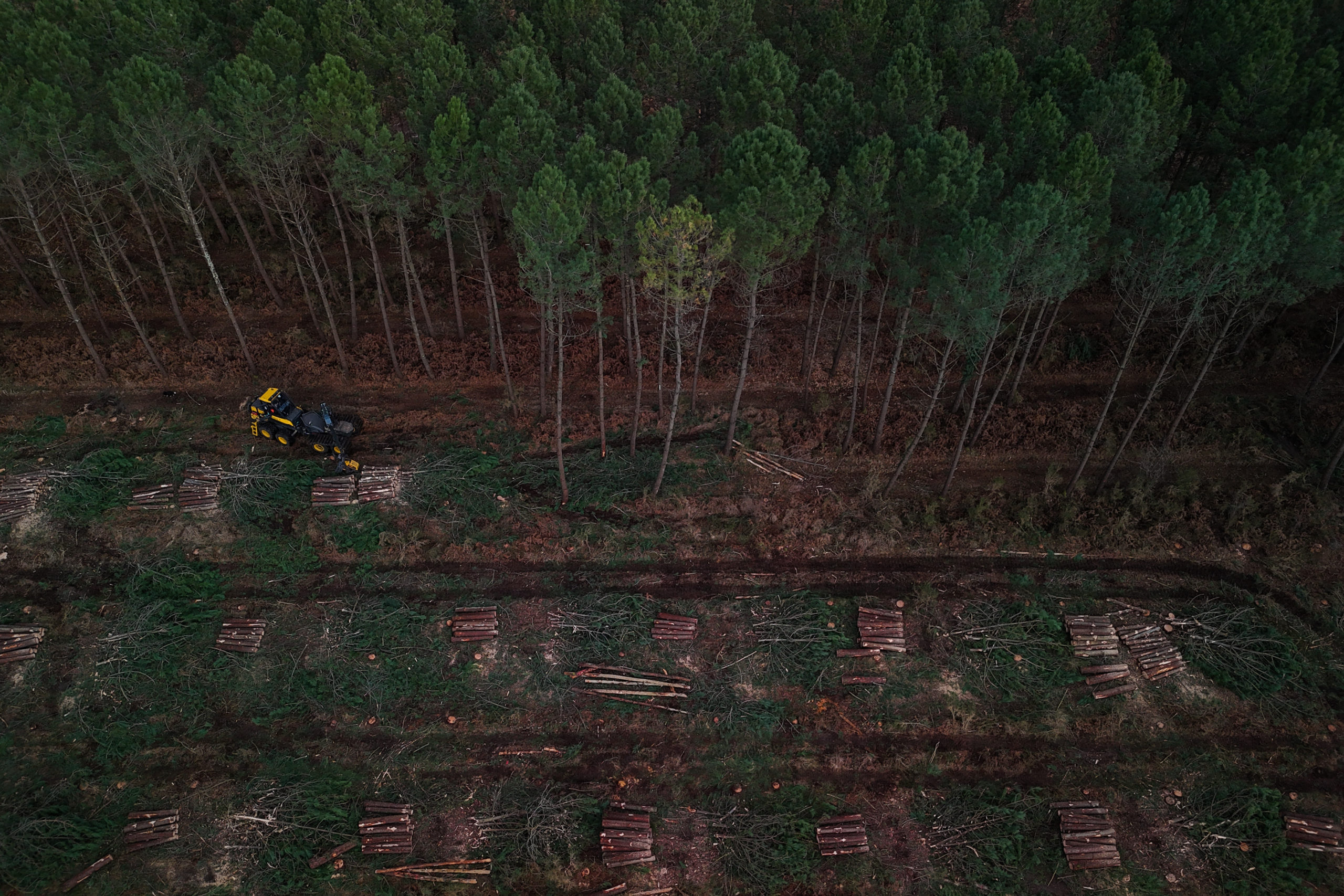OAS to question Brasil
Brazilian NGOs take 200 cases of police violence at protests to Washington

The Organization of American States (OAS) will stage a public hearing, on March 28, on the Brazilian government’s response to street demonstrations. For the first time, the government will be face-to-face with civil society to answer questions about 200 cases of police violence, criminalization of demonstrators, emergency laws and repression of journalists and lawyers.
During the session, reports and data will be presented that identify the violations committed by the federal and state governments. The State will then have an opportunity to present its arguments and explanations.
The hearing will be conducted by the Inter-American Commission on Human Rights (IACHR) of the OAS, in response to a request by the following Brazilian organizations: Conectas, Justiça Global, the National Coalition of People’s World Cup Committees (ANCOP), Defenders of Human Rights Institute (DDH), Legal Aid Service of the Federal University of Rio Grande do Sul (SAJU/UFRS), Article 19, Union of Professional Journalists of the Municipality of Rio de Janeiro, United International Human Rights Network (URIDH) and Quilombo Xis – Cultural Community Action.
Leia mais
Afterwards, the IACHR may release a statement publicly condemning Brazil. The result of the hearing may also be used as evidence of violations committed by the State in lawsuits in national and international courts.
 The cases to be taken to the OAS involve episodes of police violence, arbitrary detention and persecution at the demonstrations during the Confederations Cup, the Rio de Janeiro teachers’ strike and the street protests for lower public transport fares. The OAS will also be warned about the proposals for harsher laws currently pending in the National Congress, which threaten to further criminalize social movements, transforming the act of demonstrating into something that is punishable by prison.
The cases to be taken to the OAS involve episodes of police violence, arbitrary detention and persecution at the demonstrations during the Confederations Cup, the Rio de Janeiro teachers’ strike and the street protests for lower public transport fares. The OAS will also be warned about the proposals for harsher laws currently pending in the National Congress, which threaten to further criminalize social movements, transforming the act of demonstrating into something that is punishable by prison.
According to the lawyer Rafael Custódio, from Conectas, the international complaint is a way to give visibility to these violations. “It is unacceptable for the State to interpret the right to demonstrate and freedom of expression as being dangerous. This undemocratic vision could result in even more violent and disproportionate police repression than demonstrators have already be exposed to, and in proposals to criminalize conduct that, under the pretext of maintaining order, are in fact instruments of repression of protest movements,” he said.






